
Search for Death Records in Kansas
Free Kansas Death Records Lookup

We receive referral fees from partners (advertising disclosure)
The information we provide you is free of charge and a result of extensive research by our product experts. We use affiliate links in our site that provide us with referral commissions. While this fact may not influence the information we provide, it may affect the positioning of this information.


Our comprehensive guide to the death records in the state of Kansas will help you in finding death records as well as provide you with relevant information about the deceased and the life they lived.
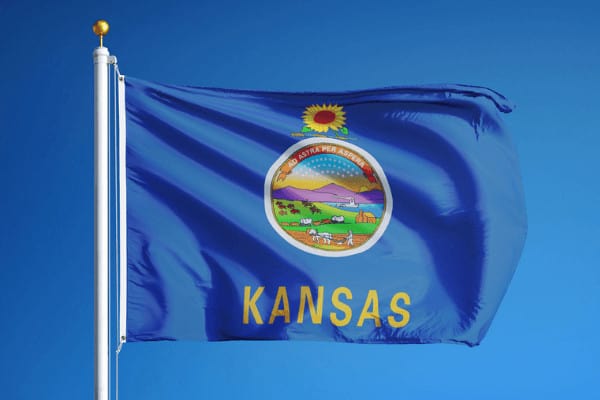
Death Records in Kansas -
The Ultimate Guide 2026
- UPDATED January 2026
Kansas Death Databases
In Kansas, official death records started being kept in July 1911.
Before 1911
There were no statewide recorded death files before 1911. However, between 1885 and 1911, there were a few files recorded and held at the city or county clerk’s office in some register volumes. Not all of these registers have survived, but there are a couple of databases that you can try for death records during this era. You can visit familysearch.org for a free name index to the records between 1885 and 1930 (the list is not complete for every county). Other sites include Ancestry.com which is free at Kansas Family History Centers.
1911 to 1930
Kansas started filing official death records in July 1911. If you are interested in death records for genealogical purposes, you can visit the office of Vital Statistics. Any pre-1940 records can be requested by a relative to the deceased (as far as cousin) and proof of the relationship is mandatory.
After 1930
The office of Vital Statistics allows for genealogical purpose death record requests. If you know the date of death, you can order a copy of the death file record from the Kansas Department of Health State or from the county of death. Ordering from the county of death may be faster and cheaper than from the state. The downside is that county websites are not so easy to navigate. Ordering from the Kansas Department of Health offers the user a search state index at an extra fee, but it is a more expensive option.
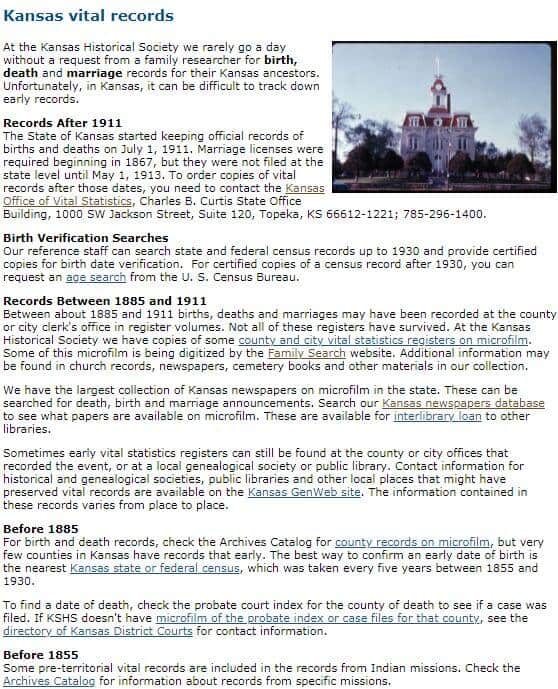
Death Certificates in Kansas
In the state of Kansas, death records start off as private records then they become publicly available 50 years after the record file date. There are restrictions to obtaining death certificates for individuals who passed on within the last 50 years. Below is a list of people who are eligible to request for a death certificate:
- A registrant with whom the record is associated with
- Spouse
- Parents
- A descendant such as child / grandchild
- An individual with common ancestry (relative such as cousin, aunt, uncle, sibling or grandparent)
- Registrant’s legal guardian
- Agency / individual acting on the registrant’s behalf
- Legal representative to registrant’s estate
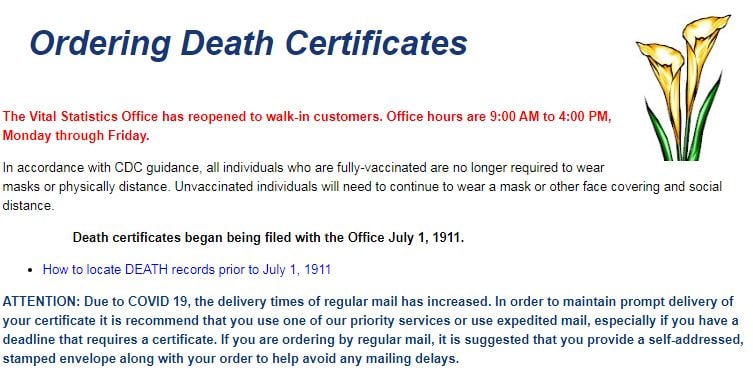
How to Find Kansas Death Records
Obtaining Kansas death records from Archives.com is the most dependable method of doing so. Following your registration for an account, you will have complete access to the death records for the state of Kansas as soon as you log in to the platform. The following are a few simple steps to get you started:
Step 1: Go to Archives.com and sign in using your email address and password.
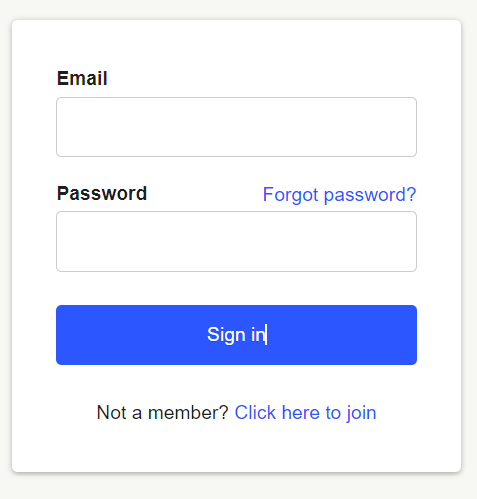
Step 2: Use the buttons at the very top of the user page to navigate through the options. When you click on the “Search” button, the Kansas state death records page is loaded.

Step 3: Check the box next to “Vital Records,” then click on the “Death” button just below it. Thus, the site eliminates all other records and only displays death records, which you can then download.
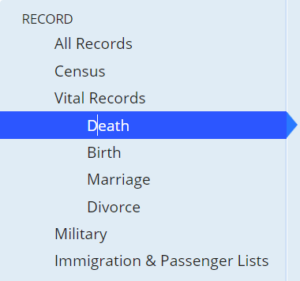
Step 4: Key in as much information about the deceased as you can remember about them.

Step 5: The state of Kansas should be entered in the ‘Location’ box. As soon as you begin typing, you will notice that the website will provide a match for you.
Step 6: You will be presented with a list of records; you will need to scroll through the list until you find the person whose records you are interested in viewing.
Step 7: Click on the name of the deceased to view the death record that is currently available online. In most cases, you will be able to obtain their full name as well as their maiden name if they were previously married. You can also find out about their burial arrangements, such as whether they were cremated or buried, and whether a biographical sketch is available.
Alternative Sources for Kansas Death Information
- Resourceful websites
- Obituaries
- Courthouses
- City Directories
- Tax Records
Kansas Death Records FAQs
What is an Official Death Certificate?
An official death certificate refers to a death certificate that is issued directly by the Kansas state government or any similar organization. This document contains information such as the individual’s name, physical address, date of birth, and date of death.
What are death records?
Death records are official files that give any useful information about a deceased individual. If you’re doing genealogical research, these records come in handy as they contain most of the information you’d need to learn more about your ancestry. Most death records are held by the state the deceased lived or died in, but they lack the burial state of the deceased. Both cemeteries and churches hold death records, as with state governments. Information you can obtain from death records includes the full name, date of birth, date of death, and place of death.
Are Kansas Death Records Open to the Public?
According to the Kansas Revised Statutes, vital records such as birth records, divorce records, marriage records, adoption records, death records, and other life records are available to all eligible parties with a direct relationship to the person named on the record.
What Information Do I Need to Search for Kansas Death Records Online?
Requesters who wish to get a hold of a death record must be well acquainted with basic facts associated with it including:
- Deceased’s name
- Valid reason for death record request
- Death date
- County or city of death
- Valid proof of identification
Conclusion
The state of Kansas is extremely particular about the accuracy of its tax and voting records, and this is reflected in its state records. As a result, they strive to keep a comprehensive death record up to date. Following the death of a person, tax collectors contact family members or next of kin to collect any unpaid state taxes that may be owed to the state. In the event of a probate proceeding, these death records will be extremely useful because your family members or next of kin will not have any difficulties in obtaining any legal information. With our comprehensive guide to Kansas death record searches, you’ll be able to locate any type of record that you might require in a matter of minutes.
Disclaimer: OurPublicRecords mission is to give people easy and affordable access to public record information, but OurPublicRecords does not provide private investigator services or consumer reports, and is not a consumer reporting agency per the Fair Credit Reporting Act. You may not use our site or service or the information provided to make decisions about employment, admission, consumer credit, insurance, tenant screening, or any other purpose that would require FCRA compliance.

Copyright © 2026 · OurPublicRecords.org · All Rights Reserved